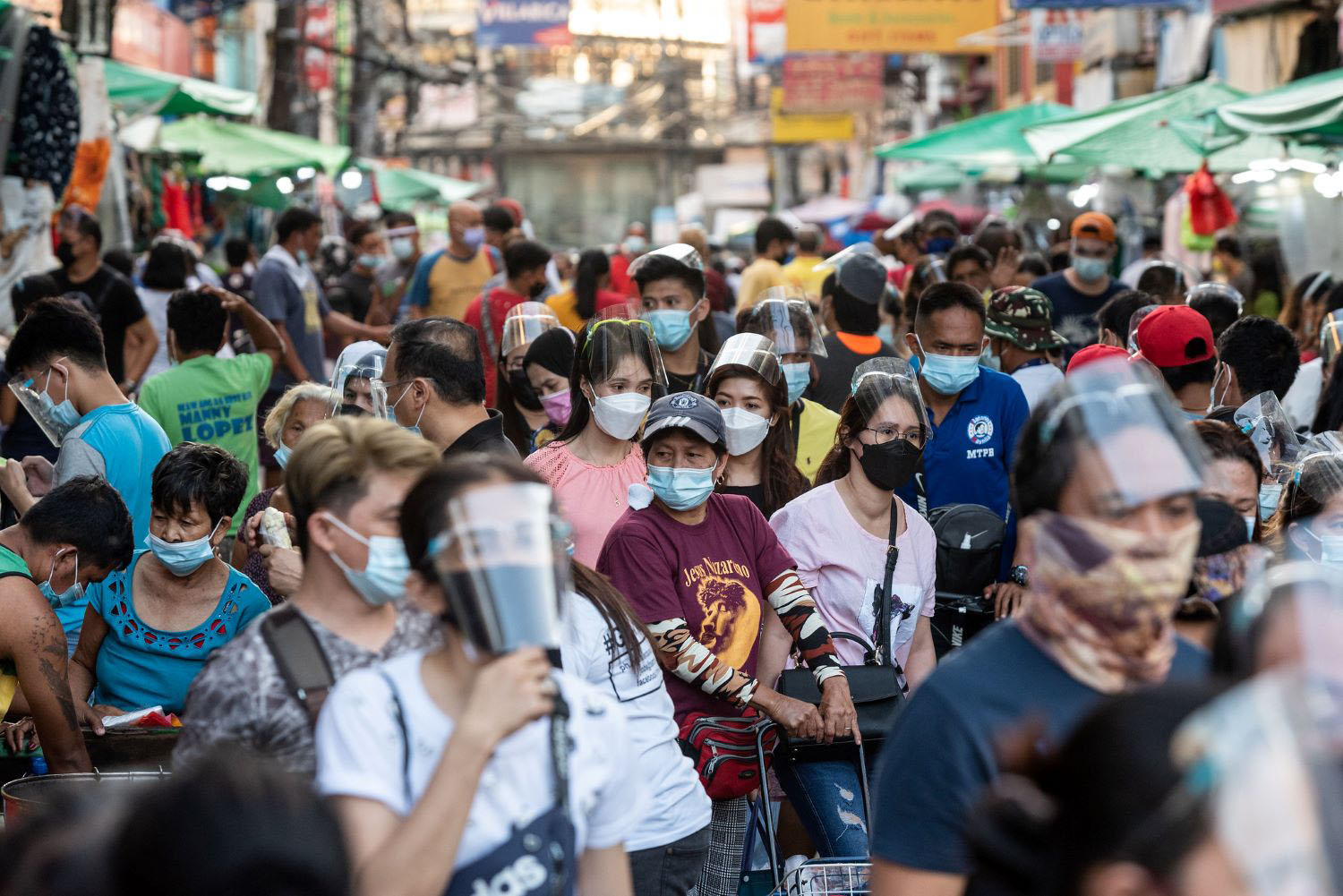Ideas to action: independent research for global prosperity
Research
Innovative, independent, peer-reviewed. Explore the latest economic research and policy proposals from CGD’s global development experts.
WORKING PAPERS
April 11, 2024
POLICY PAPERS
April 15, 2024
CGD NOTES
April 08, 2024
WORKING PAPERS
April 04, 2024
All Research
Filters:
Experts
Facet Toggle
Topics
Facet Toggle
Publication Type
Facet Toggle
Time Frame
Facet Toggle
Research
REPORTS
December 06, 2013
PEPFAR is at a critical turning point in its decade-long existence. The next US Global AIDS Coordinator is uniquely positioned to set the course for the program’s future. A change in leadership at the President’s Emergency Plan for AIDS Relief creates an opportunity to ask questions abou...
WORKING PAPERS
December 02, 2013
The United States government has made repeated declarations over the last decade to align its assistance programs behind developing countries’ priorities. By utilizing public attitude surveys for 42 African and Latin American countries, this paper examines how well the US has implemented this ...
REPORTS
October 17, 2013
Opening markets to trade with poor countries was a key part of the eighth Millennium Development Goal and its global partnership for development. Countries recognized that development is about more than aid and that the poorest countries needed to be more integrated with the global economy to help t...
PUBLICATION
August 14, 2013
A strengthened OPIC—more efficiently deploying existing tools at no additional budget cost—would (1) increase US commercial access in emerging economies, (2) reflect economic, social, and political priorities in developing countries, (3) promote flagship US initiatives during austere budget conditio...
POLICY PAPERS
August 12, 2013
In this paper we argue that the United States cannot afford not to revisit and reemphasize cooperation with other countries, or multilateralism, in its approach to development. That is true for aid itself because the United States is politically and bureaucratically handicapped compared to other don...






